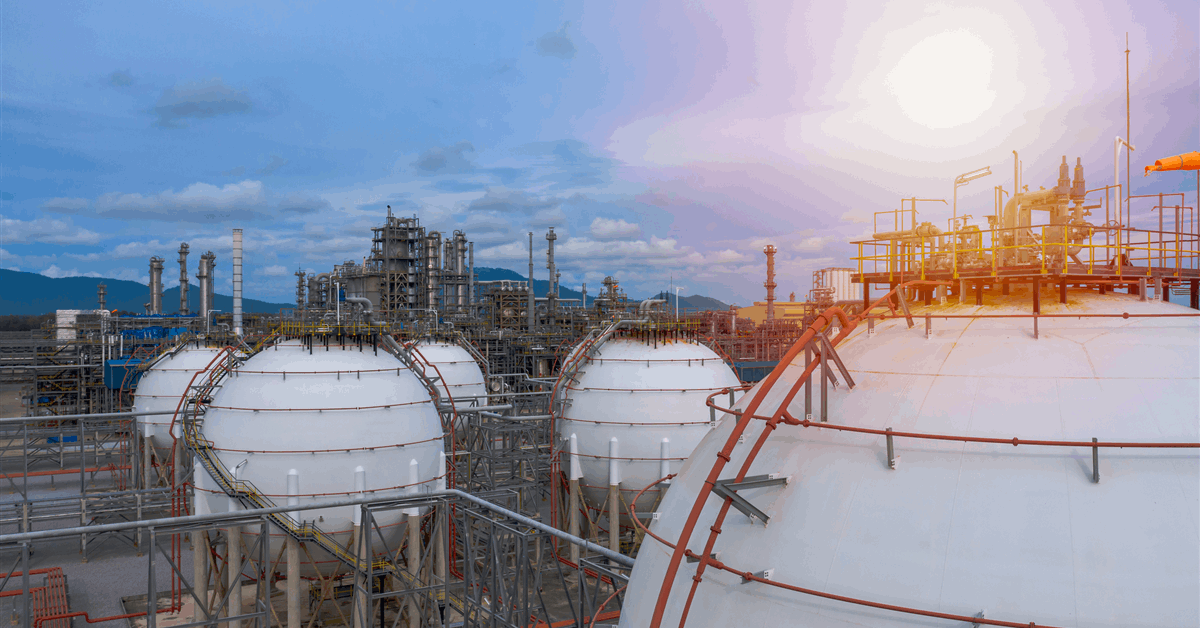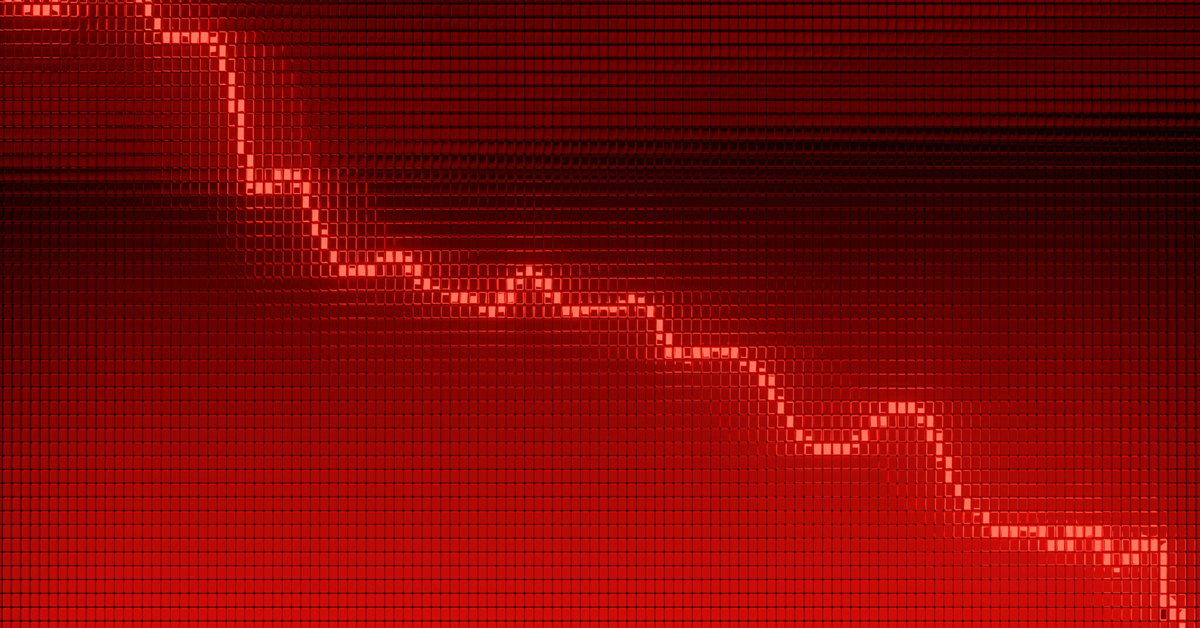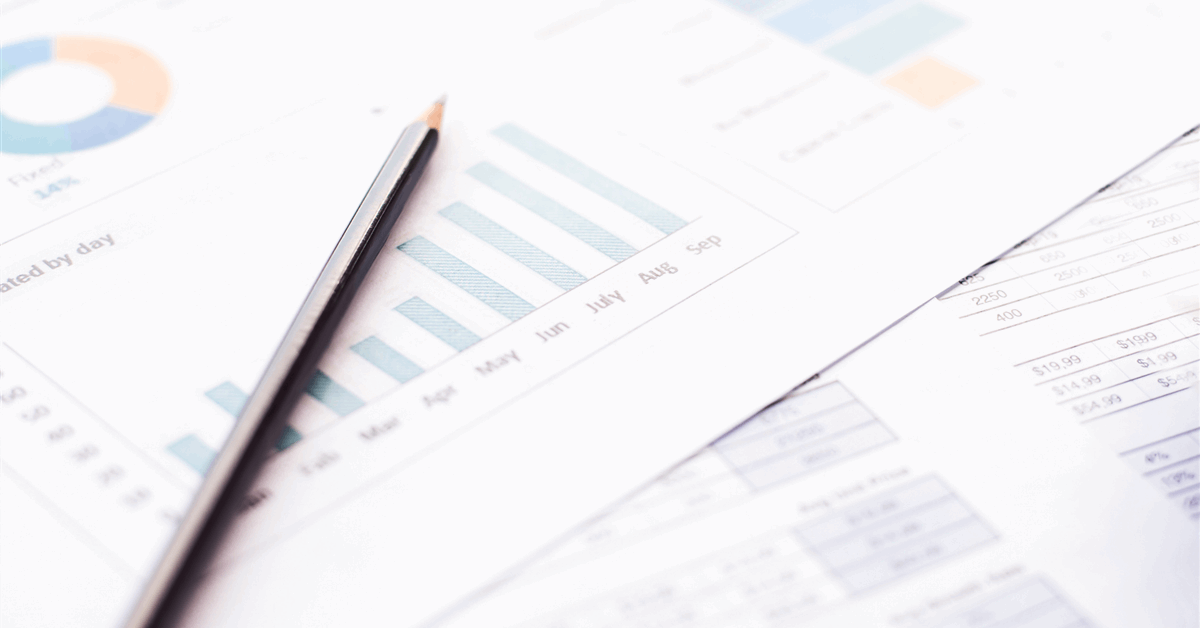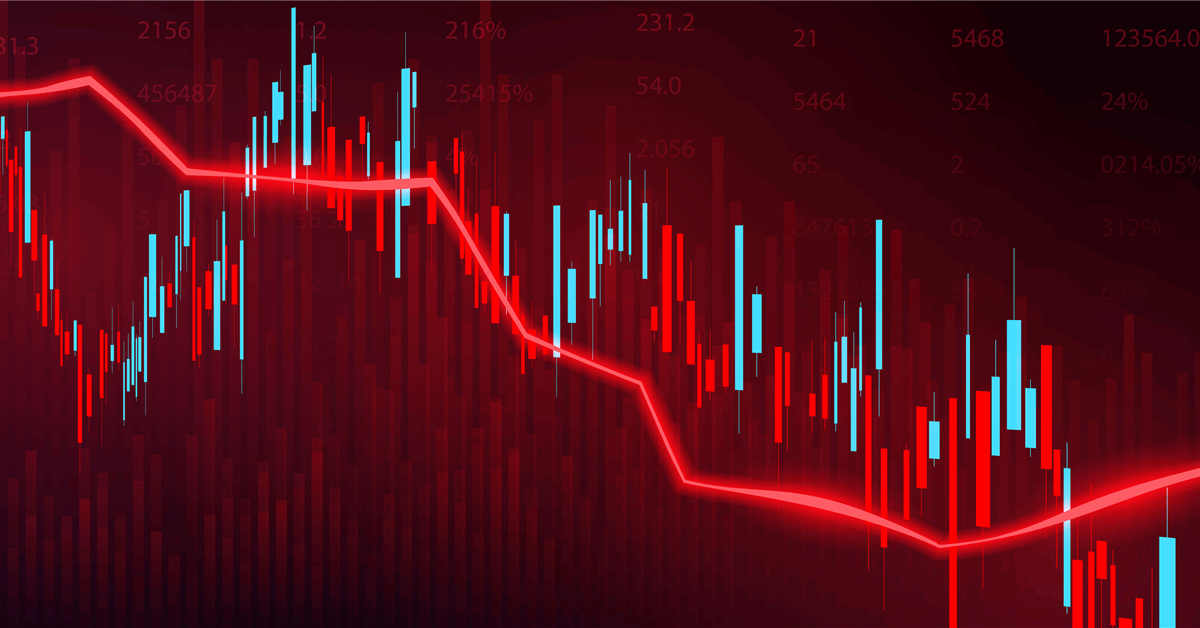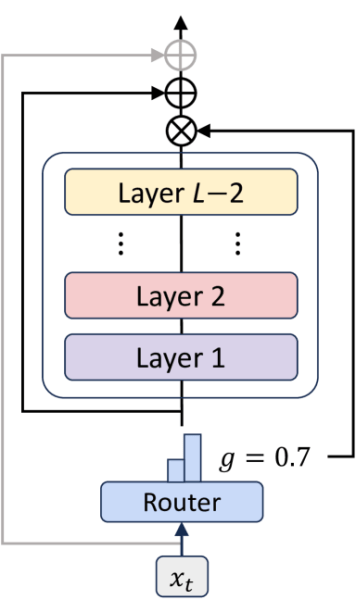
The European Commission, acting on allegations raised by German authorities in March 2023, has failed to confirm any fraud related to the sustainability and emissions savings of biofuels imported from China.
“The Commission identified some systemic weaknesses in the way certification audits have been conducted and is taking action to address these issues. Nevertheless, the information gathered did not allow confirmation of the existence of fraud”, the Commission’s Directorate-General for Energy said in a statement online.
“The German authorities may perform additional verifications or investigations if they wish to do so”.
The investigation was conducted under Article 30 (10) of the Renewable Energy Directive of 2018, amended October 2023.
To be eligible for European Union financial support and to count toward the fulfilment of renewable energy targets, biofuels must meet certain criteria that protect biodiversity and soil and prevent deforestation.
The amount of greenhouse gas emissions avoided by using biofuels must also meet certain thresholds. On the lower end, emission savings must be at least 50 percent for biofuels consumed in the transport sector. On the upper end, as updated in the 2023 directive, savings must be at least 80 percent for electricity, heating and cooling production from biomass fuels.
“In close cooperation with the German authorities, it [the Commission] collected input from numerous stakeholders and reviewed audit reports from the voluntary certification scheme that certified the economic operators concerned”, the statement said.
It added, “To tackle the risk of fraud in the biofuels market, the Commission is undertaking a range of actions in the short and medium term, in particular in areas where the Implementing Regulation on sustainability certification (EU/2022/996) can be further strengthened”.
The Commission has formed a working group with EU states under the Committee on the Sustainability of Biofuels, Bioliquids and Biomass Fuels to review the certification law. The Commission expects to finalize the new text in “early 2026”.
The statement added, “The working group has made good progress on additional measures that could better prevent fraud in the future”.
“Furthermore, the Commission is discussing with EU countries on a timeline for the full mandatory deployment of the Union database for biofuels. This EU global traceability system is functional and is being used by an increasing number of operators but its mandatory systemic use by all relevant businesses is a precondition for its success”, the statement said.
“The Commission will also continue its technical work on fraud prevention and effective sustainability certification to support the voluntary schemes with the implementation of the existing rules. These rules can tackle many of the identified cases if correctly and harmoniously applied by the certification bodies.
“This work stream is also supported by the review of the current standards of voluntary schemes in cooperation with the European Co-operation for Accreditation and the accreditation bodies of the EU countries as part of the implementation of the new accreditation rules [under Article 11(1) of the Implementing Regulation on certification] by the end of 2025.
“On the basis of the review of the current standards and the experience from examining the alleged fraud cases, the Commission may request voluntary schemes to adopt and implement action plans or review the implementation of already existing plans on fraud prevention”.
To contact the author, email [email protected]
What do you think? We’d love to hear from you, join the conversation on the
Rigzone Energy Network.
The Rigzone Energy Network is a new social experience created for you and all energy professionals to Speak Up about our industry, share knowledge, connect with peers and industry insiders and engage in a professional community that will empower your career in energy.
MORE FROM THIS AUTHOR






